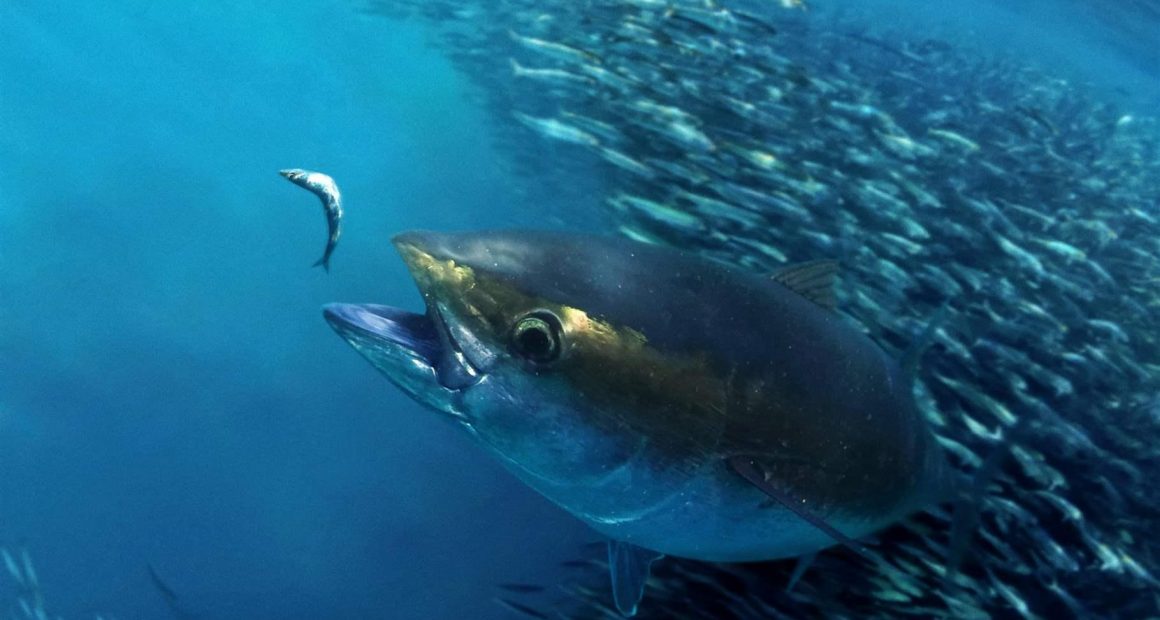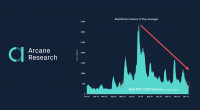Revolutionizing the seafood industry
March 2019, Deloitte and DNV GL published a research called ‘Increasing transparency and efficiency in global seafood’. The primary goal of this report was to see if blockchain, in regards to the seafood industry, could help decrease the heavy stress on the ecological equilibria caused by this industry.
What they found was, that if they had blockchain throughout the whole supply chain was that it not only helps regulate the market, makes changes in consumption patterns but also helps create competitive advantage. There have been several studies made and the market is for these solutions is expanding.
Solutions already available
WWF-New Zealand, Australia, and Fiji have teamed up with ConsenSys to strengthen supply chain management in fresh and frozen tuna of the Western and Central Pacific region. This will allow the consumer, with the help of their smartphone app, to find out where the fish was caught, by who and what fishing method. Companies such as Maersk a container logistics company are using Blockchain and British Airways.
Provenance has created a digital platform that empowers brands to become more transparent. Their software allows a business to easily gather and present information and stories about their product and supply chain. This allows consumers to connect with the product, learn about its journey and its impact. They have created services for products such as clothing, coffee, fish and pork.
Norway in a Box has created a blockchain for Norwegian products that are produced and sealed in Norway. This chain is called NiB, it applications combine supplier and order management with a Blockchain backend and store relevant transactions when they happen. Each product will come with a unique QR code that will allow each product to tell a story.
BeefChain is the first-ever blockchain code to track the shipment of Wyoming beef to Taiwan. This helps state ranchers command moe value from their beef because it provides proof that their products are free-range and assures consumers that the product is safe.
This is starting to become an emerging and relevant industry for everything food-related. It will give back to the consumer and the producer while minimizing waste and reducing unnecessary parties. In the future, it could be predicted that this will be the minimum stamp for all food products.





